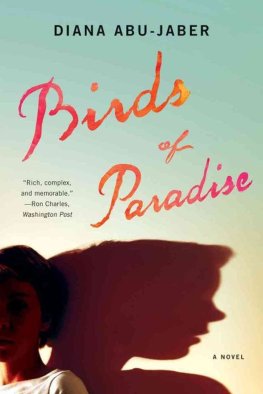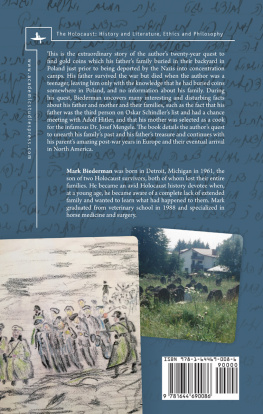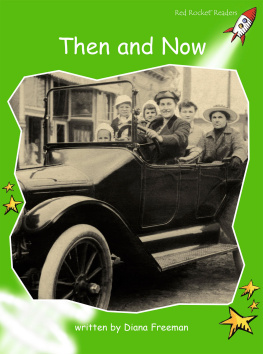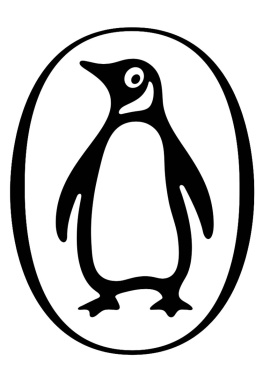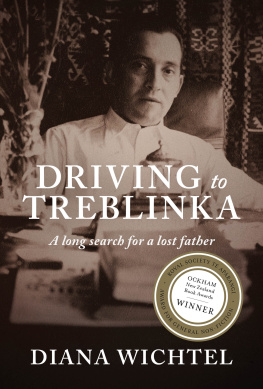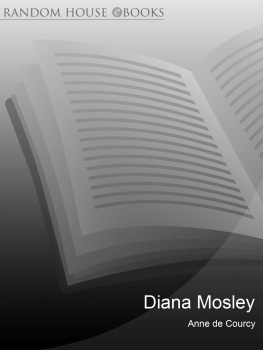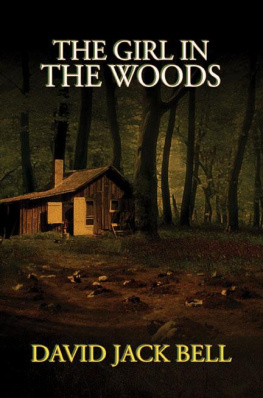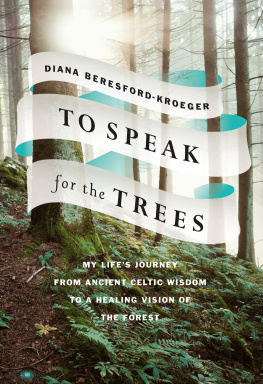
Winner of
ROYAL SOCIETY TE APRANGI AWARD
FOR GENERAL NON-FICTION,
OCKHAM NEW ZEALAND BOOK AWARDS, 2018
Winner of
E.H. MCCORMICK BEST FIRST BOOK AWARD
FOR GENERAL NON-FICTION
Praise for DRIVING TO TREBLINKA
I began to read this book and found the first page so sad I had to put it away until I felt strong enough to face what I was certainespecially given the titlewould be a tale of unremitting suffering and sorrow ... Suffering and sorrow there are in abundance in these pages, but the book is not just another Holocaust memoir. That said, it may well becomeshould it find the international readership it deservesa classic among those books which touch on that atrocity.... That first page demonstrates the brilliance brought to bear throughout.... Driving to Treblinka, which deals with some of the great themesof 20th-century history, and of one familys history, manages to be both monumental and intimate, and is a remarkable achievement
PAUL LITTLE, North & South
Wichtels prose is exquisite; her wit elegant. She imprints the scale of her longing into the marrow of your bones and I couldnt help but wish to remind her of Siwards epitaph of loss and memory from Macbeth: Your cause of sorrow must not be measured by his worth, for then it hath no end. Some of that worth has already been measured by the tears spilled in unearthing this story, and will be measured again by the tears of the books readers. Such is the earnestness, the vivacity, and ultimately, the profoundness of its conclusions
JAMES ROBINS, Weekend Herald
A searing investigation into family secrets and historic horrors. Several chapters are genuinely distressing to read: not just the descriptions of Holocaust atrocities but also the intimate accounts of how those traumas resonated through the lives of survivors like Ben Wichtel, and then into subsequent generations.... Yet theres plenty to enjoy. Descriptions of Wichtels childhood are frequently hilarious ... Wichtel has told the Hitler story again, beautifully, and it is very ugly
ADAM DUDDING, The Sunday Star-Times
A stunning memoir ... Wichtel weaves a.... complex, braided narrative that moves forward and backward in time and place ... the book has a gripping detective thread, though what interested me equally, if not more, was the emotional suspense that builds as she confronts family skeletons
MARION MCLEOD, Metro
This is a story that reminds readers of the atrocities that ordinary people did to each other, the effect on those who survived, and the reverberations felt through following generations. It breaks your heart, but the side effect of reading this remarkably compassionate approach to an extremely painful history is that it also encourages you to open your own heart, or at least think about doing so. A book must be the axe for the frozen sea within us, said Franz Kafka. This book is that
MARGO WHITE, The Spinoff
Diana Wichtel isnt one to weigh the story down with a lot of unnecessary sentiment. She doesnt need to. Rather than focus on the gloom of her familys history, Driving to Treblinka is a brave tribute to the man whose descendants are here because of his actions. It is a story that had me in pieces
DIANE MCCARTHY, Eastern Bay Life
I admired the fact Wichtel was willing to share intimate personal details ... This is not a book you enjoy in the usual sense of that word [but] a salutary reminder of the immense and lasting impact of Nazism. We tend to think mainly of the millions of Jews and others who died in the Holocaust but many of those who survived were, like Ben Wichtel, scarred for life
JUDITH MORRELL NATHAN, Scoop Review of Books
The toughest task of any book, whatever the form, is to make a sentence so good that you just have to read the next one, and the next one, and then wish it could just about go on forever. So it is with Driving to Treblinka. Wichtels curiosity, alternately upsetting and uplifting, turns invisibly into a kind of mission. At its heart this is a family story, but one which cannot but shine a light on the vestiges of anti-Semitism that linger in Europe today. It is not just a beautifully written book, but an important book, too
JUDGES, Royal Society Te Aprangi Award for General Non-Fiction, Ockham New Zealand Book Awards

First edition published in 2017 by Awa Press,
Unit 1, Level 3, 11 Vivian Street, Wellington 6011, New Zealand.
Reprinted 2017 (twice), 2018 (twice)
ISBN 978-1-927249-40-6
Ebook formats
Epub 978-1-927249-47-5
Mobi 978-1-927249-48-2
Copyright Diana Wichtel 2017
The right of Diana Wichtel to be identified as the author of this work in terms of Section 96 of the Copyright Act 1994 is hereby asserted.
This book is sold subject to the condition that it shall not, by way of trade or otherwise, be lent, resold, hired out or otherwise circulated without the publishers prior consent in any form of binding or cover other than that in which it is published and without a similar condition including this condition being imposed on the subsequent purchaser.
A catalogue record for this book is available from the National Library of New Zealand.
Cover photograph courtesy of Wichtel Family Collection
Author photograph courtesy of New Zealand Listener
Cover design by Keely OShannessy
Typesetting by Tina Delceg
Editing by Mary Varnham and Jane Parkin
Map on page 154 by Geographx
Ebook conversion 2018 by meBooks
Produced with the assistance of

Awa Press is an independent, wholly New Zealand-owned company. Find more of our award-winning and notable books at awapress.com.

Diana Wichtel is an award-winning journalist, and a feature writer and television critic at leading current affairs magazine the New Zealand Listener. After gaining a Master of Arts at the University of Auckland, she tutored English before launching into a career in journalism. She lives in Auckland and was awarded a 2016 Grimshaw Sargeson Fellowship.
For Dad
Contents

THIS BOOK IS MY PERSONAL ACCOUNT of my fathers story. Ive tried not to speak for other family members except where they have generously and bravely shared memories, photographs and insights.
For the family members who were murdered in the Holocaust, there are often various versionsHebrew, Yiddish, Polishof names. I have mostly used those carried out of Poland in the memory of my great-uncle, Paul Jonisz, and passed on to me by my cousin, Joe Lubell. The birth years, where we have them, are from Paul too, backed up by the few documents that have been found. Many names, most on the Wichtel side, are still missing.
The family tree opposite is meant as a guide only to the relationships mentioned in the book, and as an indication that out of such tragedy some lines carry on. As with so many families with our sort of history, its a work in progress.
Next page

